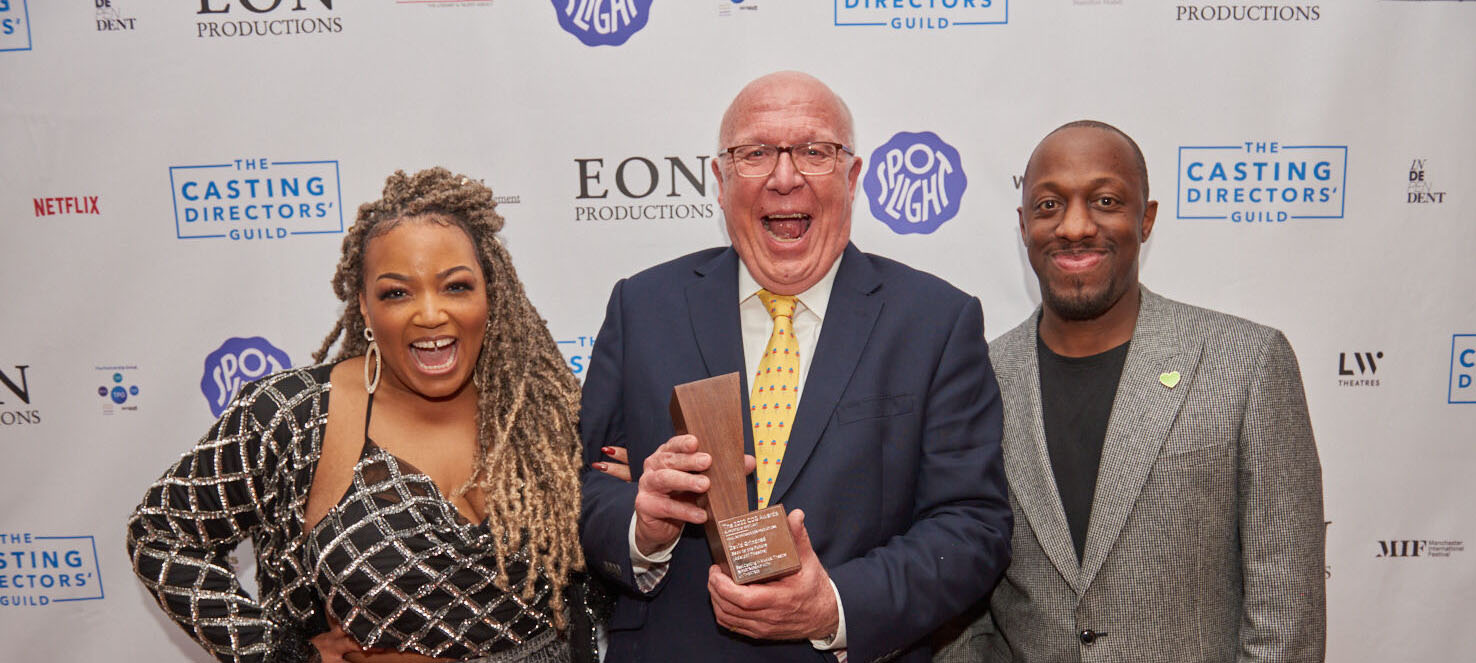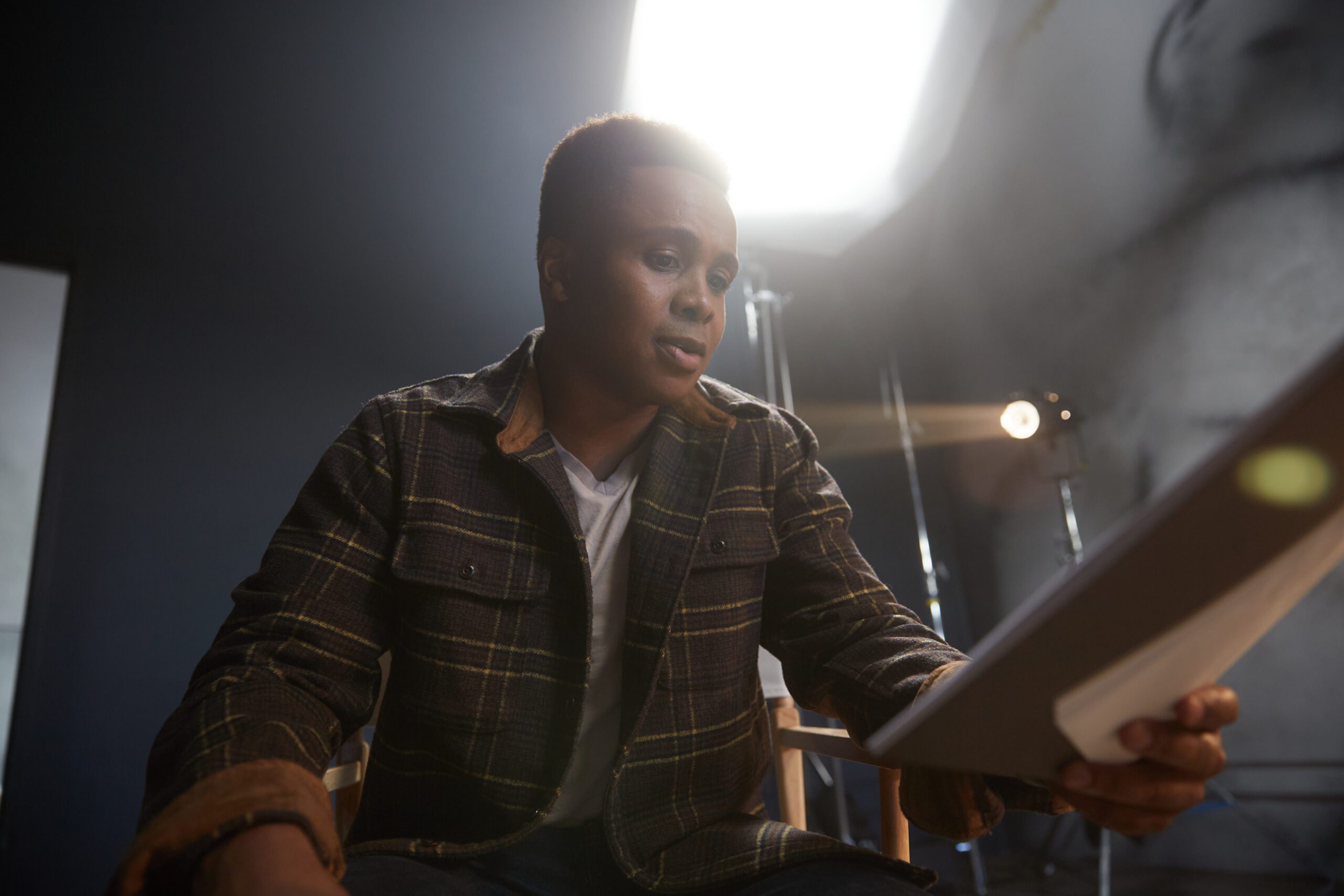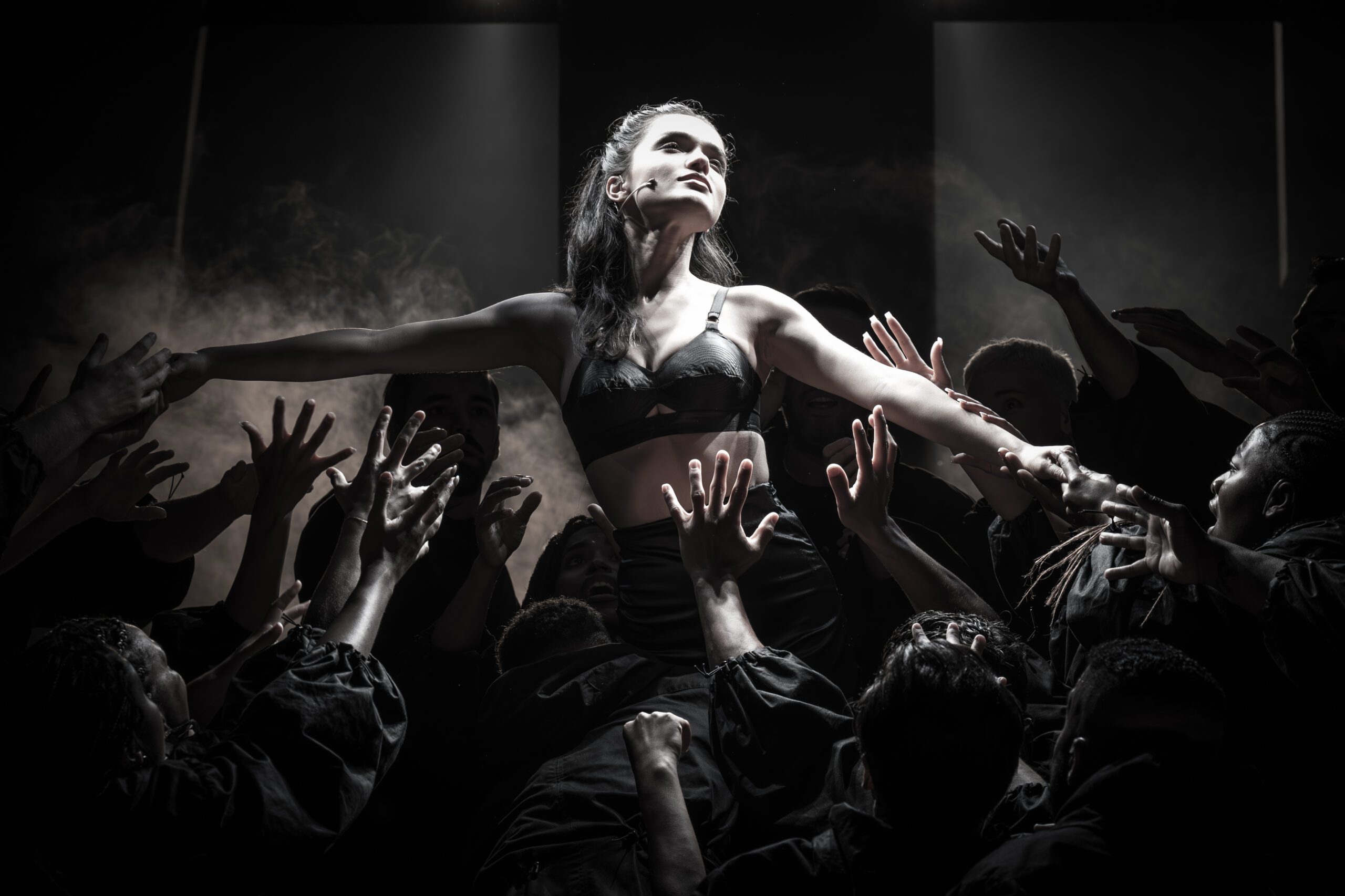Find out more about casting director David Grindrod who specialises in casting theatre and musical theatre both in London’s West End and on tour.
Can you explain a little bit about your background and how you got started in casting?
Many years ago I went to LAMDA (The London Academy of Music and Dramatic Art) to study Stage Management. Over the years until the late 80s, I stage managed/company managed West End shows, Chichester Festival Theatre, Extravaganza Show in South Africa and The Starlight Express Arena tour in Japan and Australia.
I landed in the General Manager (GM) position with a West End production company who produced star name plays. These plays needed small parts and understudies and I started to enjoy putting those roles together and negotiating the contracts. That job came to an abrupt end after three years, which came as a bit of a shock!
I then got a phone call from The Really Useful Group’s General Manager asking if I would consider company managing a major revival of Joseph and the Amazing Technicolor Dreamcoat at the London Palladium with a certain Jason Donovan in the lead. I ‘reluctantly’ agreed and I suppose the rest is history.
The production was an amazing success and then I got asked by the Really Useful Group to take a GM position within the office, which I accepted. At that time Starlight was in production at the Victoria Palace, which I started to look after casting-wise, plus I took over Joseph.
We then produced Sunset Boulevard, where there was an external casting director but when it started its second year, Andrew [Lloyd Webber] asked if I would be interested to take over the casting. I then have had the privilege of casting all of Andrew’s titles.
25 years ago I decided I would like to start my own business and asked Andrew if I could take his shows with me and if I could have a room at the Palace Theatre for my office. He said yes and David Grindrod Associates was born.
Stephen Crockett, my partner, came to answer the phones etc. on a part time basis. We were offered Chicago and there was a moment where Stephen went to supervise one of the auditions and he’s been looking after that production ever since.
24 years ago we had a phone call to meet a lady called Judy Craymer who was thinking of producing a musical with the music of ABBA. Who knew what that meeting would lead to… we have had the joy of supervising Mamma Mia! around the world and being part of two movies. Who could’ve known?
Will Burton came to join us, bringing his youth and vitality to the office and has been with us ever since. We were also part of the television searches for Maria, Joseph, Dorothy, Nancy and Jesus. We have all been very fortunate.
What inspires you in your role?
Finding new talent. Also going to see a show we have cast knowing that every role was a perfect cast. It felt like that when we put Michael Ball and that first company in Hairspray. Plus of course Back to the Future.
What was the most memorable part of the casting process for ‘Back to the Future’?
The process took place over a couple of years and three workshops. We had the joy of opening in Manchester playing for five performances after opening and then closing for 18 months due to the Pandemic.
When we knew we had a West End home we had to recast some of the roles with COVID restrictions in place. Three metre squares on the audition room floor that dancers couldn’t move out of, everything cleaned between sessions, etc. But we made it work and brought together the cast you see at the Adelphi.
When you get started on a project, how do you start looking for your perfect cast?
There are meetings with producers and the creative team. We then start to put a breakdown together and when everything is in place, we send it out via Spotlight. Submissions start to be received and we are always on the lookout at colleges and other venues for ideas.
Auditions can take from around four to six weeks and we can see up to 50 people a day for a first round sing. We try to see as many people as we can.
Auditions can be nerve-wracking for many performers, do you have any advice to put them at ease beforehand?
In the room, the longest walk you will ever take is from the door to the piano! Nerves will always raise its ugly head but know how to deal with them and remember to keep breathing.
Make sure your music is the correct order – cuts are easy to follow for the pianist.
Be prepared as it’s a job interview and just know you have done your very best.
It’s great when you get offered the role and very tough when you don’t, especially after you have got all the way to the finals. Remember all the people in the room at the finals can do the role(s) so it’s a case of putting the jigsaw in place with heights, dance, singing, acting, covering etc.
Self-taping is hugely popular for first round auditions, do you have any top tips to help performers nail them?
Self-taping has been good for first rounds as we can see more people and the creative teams can really concentrate on what they are seeing.
Check your [self-taping] background and do everything that is being asked for with the script/song. Don’t try to be clever, it sometimes can go against you!
Thank you David for a fascinating insight into your work and career! Further information about casting directors, auditions and much more can be found on our News & Advice page.
Main image by Scarlet Page Photography



















